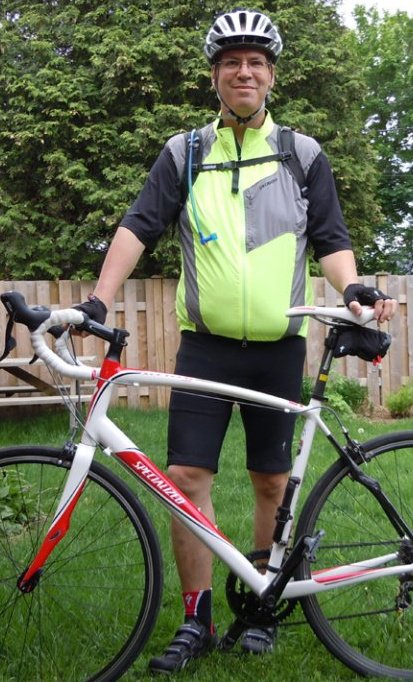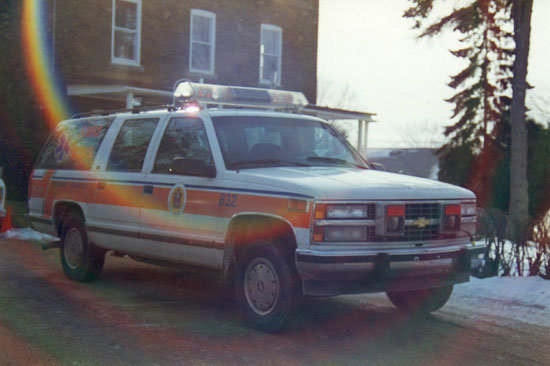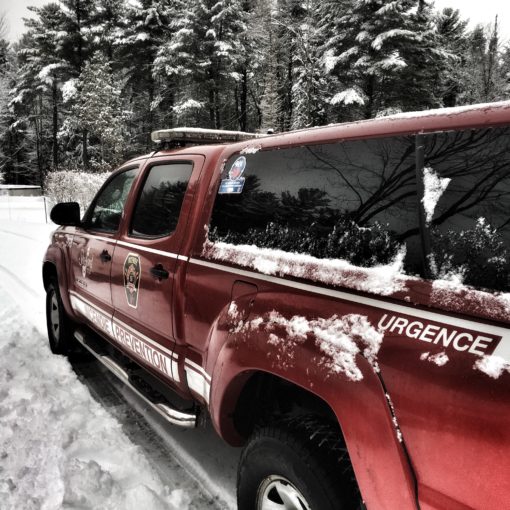
A nugget of Big Medicine every day. #80 Breaking bad news
It’s an odd talent.
I’m really quite good at breaking bad news.
When I went through medic school there were no how-to instructions on breaking bad news. Maybe they just left the bad news delivery to the cops, the nurses and the docs. Maybe it was just a given it would be part of our job.
In any case, we were left to blindly stumble through the process of explaining how the patient – their loved one – had not survived this extraordinarily difficult moment in life.
Nothing prepares you for breaking bad news than actually breaking bad news. It doesn’t get any easier. You just get better at it – or you don’t.
I had many partners who would make themselves scarce when it came time to explain that not only had dad woken up dead that morning, he had managed to stay dead despite our efforts to somehow reverse that process.
I had one partner who walked out of the aftermath of a cardiac arrest. The patient died. My partner walked out of kitchen, down the long hallway to the front door, down the front stairs and out onto the sidewalk where he hailed a cab and never looked back.
I broke the bad news to the family who was assembled in the living room. There was an older woman saying the rosary. She seemed to know what was coming when she saw me coming. She paused, bowed her head, and cried. I merely nodded to the rest of the family to confirm her intuition.
I was so good at delivering bad news police officers often asked if I could accompany them on official notification visits. You know it can’t be good news when there are two cops and a paramedic on your doorstep at three in the morning and your son/daughter/husband/wife is really late getting home.
In the uniformed services, if there are people in full dress uniform at the door, chances are good you’re about to receive news of a line of duty death. Mercifully, in the course of a long career, I only drew that duty a few times. I don’t think there’s anything worse than looking into the eyes of someone you know at the moment they realize why you’re standing at the door. I had a hard time keeping it together during and after those calls.
I learned along the way that most of the job of breaking bad news involved guiding people from that moment just prior to realization to that awful moment that couldn’t be taken back when life would be forever changed. There was no way they were going to process anything more right then other than the sheer shock of loss.
Most knew it was coming. They had watched us working the code. The frantic ballet of CPR and tubes and drugs and defibrillation – and perhaps they had digested the reality of the situation. Maybe one of the crew had provided an update to lessen the eventual body blow.
“She doesn’t have a heartbeat and she’s not breathing. That’s why the medics were doing CPR. It’s important that you prepare for the worst while continuing to hold out hope for something better.”
The reactions ranged from numb acknowledgement to total body collapse to wailing screams of anguish that don’t fade no matter how many rooms and doors you manage to place between you and the bereaved. Everyone grieves in their own way. There are no rules for reacting to really bad news.
I’ve been punched. I’ve been kicked. I’ve been screamed at, threatened, and once was stared at stonefaced by a man whose son had committed suicide in the garage. He stared right through me. He was still staring when other family members began arriving. I was relieved to get out of range of his eyes such was the hollow intensity of his gaze.
One woman laughed in my face. She dissolved into hysterical giggles. Her daughter explained that whenever she got nervous or anxious she giggled. She’d always laughed when life threw her an unexpected curve ball. And now she was laughing when confronted with the sudden death of her husband. That sad laughter echoed off the ceramic tiles in the entrance of the home and found its way out to the deck where we were preparing the body for the undertakers to pick up.
More often than not, people are relieved to have someone there with them as they try to gather back their tumbledout emotions. I became an expert at brewing tea and making coffee, at calling neighbours, at calling distant family members, at calling funeral homes to make arrangements.
All the essentials that no one thought to explain way back in medic school.
Be well. Practice big medicine.
Hal



